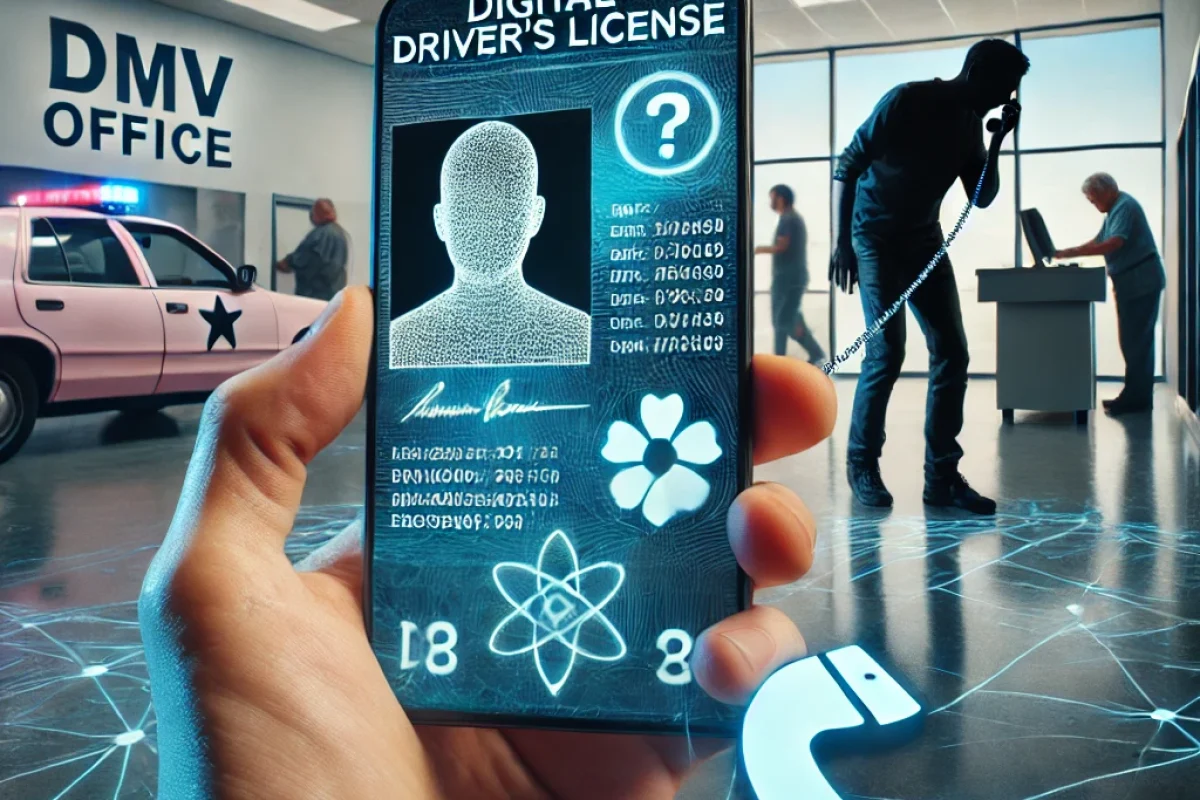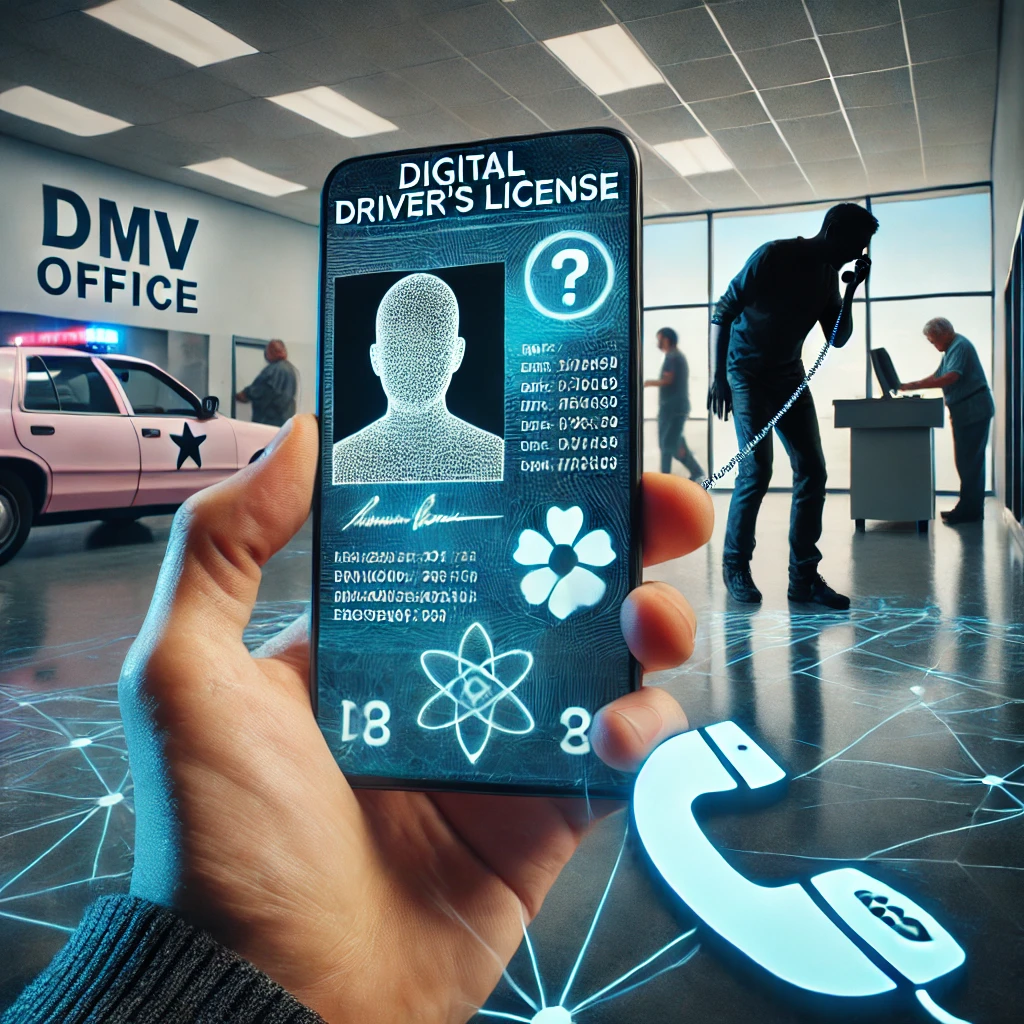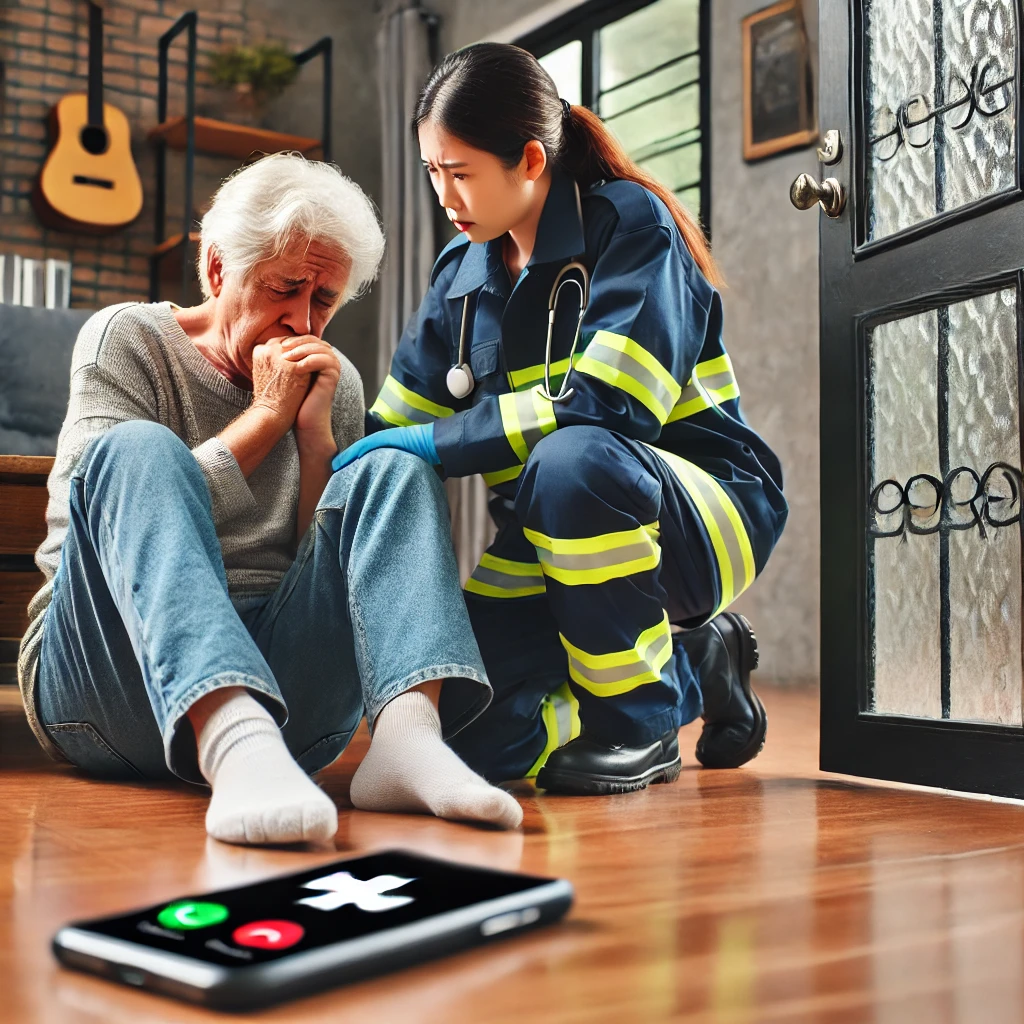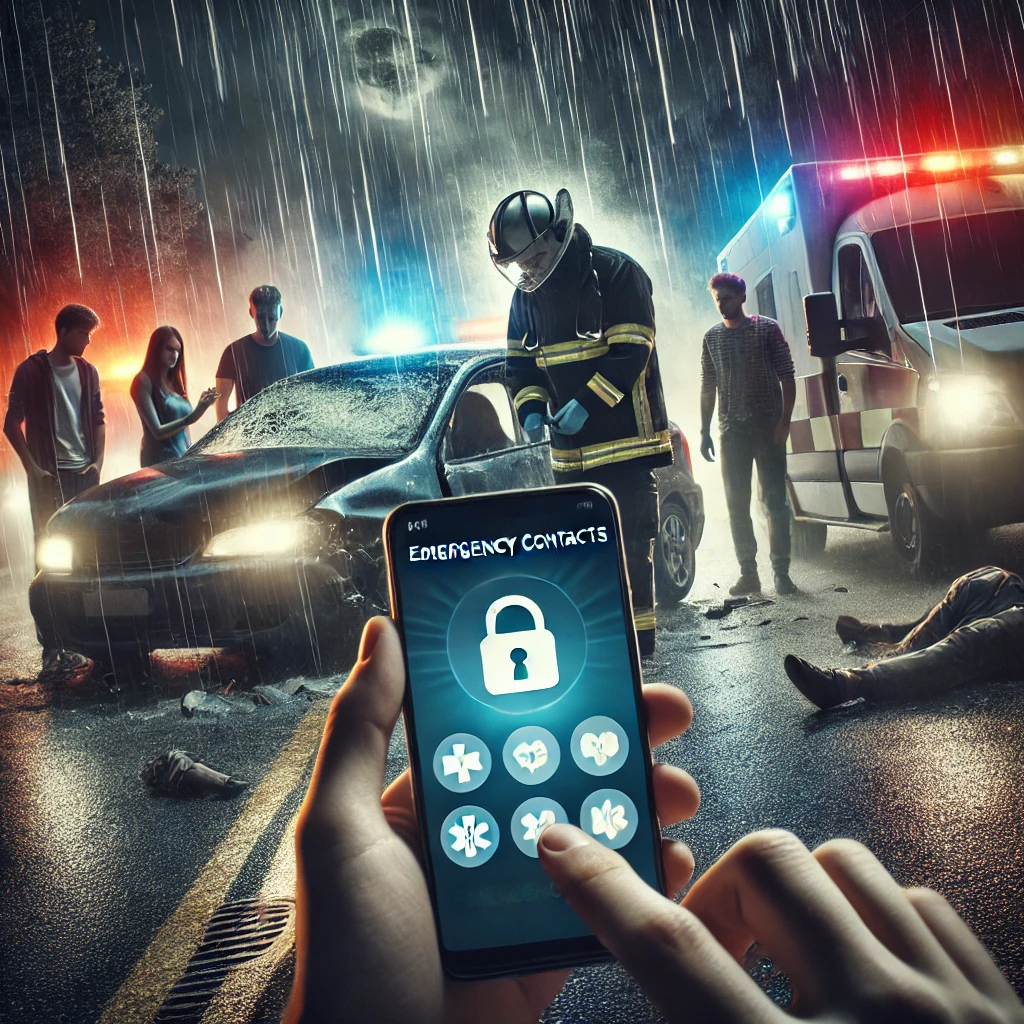Digital IDs are a game changer. They make life easier, allowing you to renew your driver’s license or state ID right from your phone. No long lines, no waiting at the Department of Motor Vehicles (DMV) or Public Tag Agent (PTA)—just a few taps, and you’re good to go.
But there’s a serious problem no one is addressing, and it’s getting worse every single day.
The Hidden Flaw in Digital ID Renewals
Let’s walk through a common scenario:
You go to renew your digital driver’s license. The system asks, “Have you moved?”
- If you answer YES, you’re immediately told:
“You must visit the DMV or a Public Tag Agent to update your address before renewing.” - If you answer NO, you can proceed with your renewal online, no questions asked.
Now, be honest: What do you think most people are going to do?
We all know the correct answer is to go in person and update the address properly—but let’s be real: how many people want to take time off work to go sit at the DMV?
So what happens instead? People just hit ‘Back,’ change their answer to ‘No,’ and continue renewing with their old address.
And just like that, the only official system we have for identifying people and locating them in an emergency is becoming more and more unreliable.
We’re Creating a Data Crisis Without Realizing It
Think about what this means:
🚨 Outdated Addresses Everywhere – Every single day, more and more people are renewing their IDs with incorrect information, making it harder to locate them when it matters.
🚨 A Broken System for Emergency Notifications – First responders, law enforcement, and hospitals rely on driver’s licenses and state IDs to find family members in an emergency. If the addresses are wrong, the notifications fail.
🚨 No Backup Plan – If we don’t fix this, how do we find people? Digital IDs were supposed to be the future, but without a reliable way to update information, they’re creating a bigger problem than they solve.
What’s the Solution?
We fully support the security measure of requiring in-person visits to update addresses. It’s a smart move to prevent fraud and identity theft.
But if this is the system we’re going to use, we need another way to ensure emergency notifications actually reach people. That’s exactly why we created Notify the Family.
Notify the Family: The Missing Link for Emergency Contact
Instead of relying on a flawed ID system, Notify the Family ensures that first responders can always reach the right person, no matter where they live.
✅ Your contact information is securely stored—not tied to an address that may be outdated.
✅ First responders can instantly connect with family members when an emergency happens.
✅ No more searching through old records—your loved ones will always be reachable.
This isn’t just about convenience—it’s about fixing a system that’s breaking in front of us.
What About College Students?
Don’t even get me started on college students who move to another city—or even another state—for school. Their driver’s license still shows their parents’ address, even though they’re living somewhere else.
If something happens to them, how do first responders know where to look? Who do they call?
(Actually, that’s going to be my next blog post!)
This Is a Problem We Can’t Ignore
We are grateful to be here offering a real solution to a growing problem. But let’s be clear:
If we don’t fix the way we connect first responders with families, the consequences will be serious.
🚨 Every single day, more people are renewing their IDs with outdated information.
🚨 Every single day, first responders are working with worse and worse data.
🚨 And every single day, another family could be left waiting for a call that never comes.
We can’t rely on outdated systems alone. Notify the Family is here to make sure you’re found when it matters most.
📢 Register today and take control—because if we don’t fix this now, who will?







